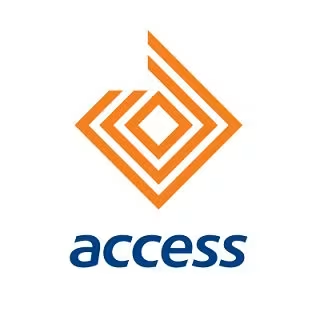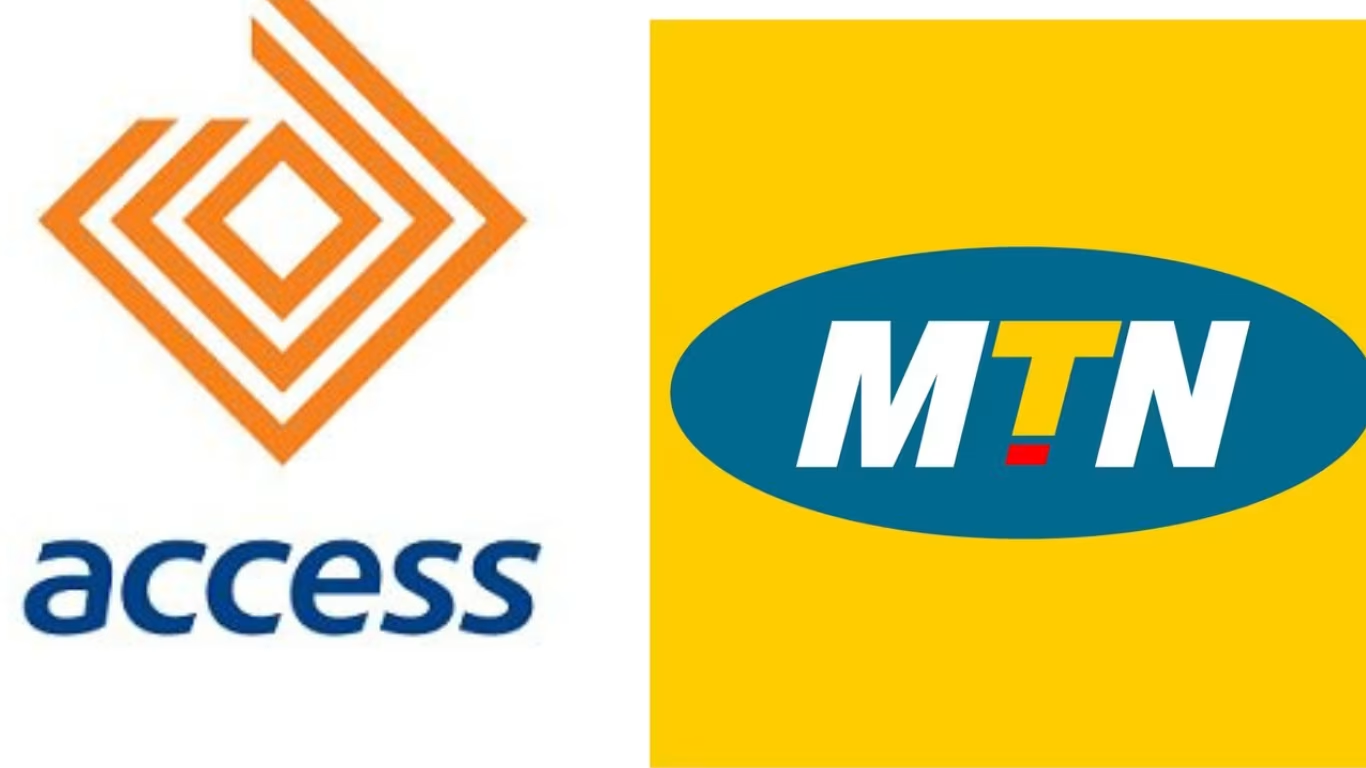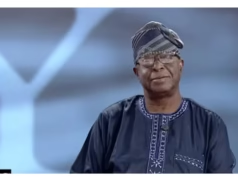Access Bank’s N180 billion claims against MTN
Join our WhatsApp community
A Federal High Court in Lagos denied Access Bank Plc’s attempt to block MTN Nigeria Communications Plc’s bank accounts over a disputed N180.95 billion debt claim stemming from a long-expired infrastructure-sharing agreement with now-defunct Multi-Links Telecommunications.
Justice Akintayo Aluko, deciding on an ex parte application filed by Access Bank and three receivership businesses, Multi-Links Telecommunications Limited, Capcom Telecoms Limited, and Cyancom Limited, declined to impose an interim injunction freezing MTN’s cash.The judge said that MTN must be given the opportunity to be heard before such harsh action is taken.

According to the lawsuit, Access Bank had asked for a temporary injunction prohibiting MTN from taking money out of or altering monies in any of its accounts in Nigeria up to N180.95 billion through its attorney, Mr. Kunle Ogunba (SAN).According to the bank, this amount reflects a long-standing obligation that MTN owes Multi-Links.
The applicants’ requests included directing all Nigerian financial institutions to provide, on oath, the balances in MTN’s accounts within seven days.
In essence, the lawsuit, filed under the filing number FHC/L/CS/1004/2025, aimed to freeze MTN’s funds while the main lawsuit was being decided.Justice Aluko, however, decided that MTN must be permitted to reply even though the plaintiffs made an apparently strong case.
The judge stated, “The defendant must be heard before any orders are granted due to the peculiar nature of the case and the potential implications of the orders sought, especially in light of MTN’s correspondence marked ‘MTN 17,'” according to ThisDay Newspaper.The matter was postponed until June 23, 2025, for additional proceedings, and the court mandated that MTN attend and provide justification within five days.
This imbalance has led to growing tensions between the two companies, as MTN argues that it has been unfairly subsidizing Multi-Links’ operations while not receiving adequate compensation or reciprocal benefits. The original agreement was intended to foster collaboration and mutual growth, but the current reality suggests a significant disparity in how each party has leveraged the partnership.
As the expiration date of the agreement approaches, both companies are now reassessing their positions. MTN is reportedly considering its options for renegotiating terms that would better reflect its usage of Multi-Links’ infrastructure and ensure a more equitable distribution of resources moving forward. Meanwhile, Multi-Links faces pressure to improve its operational efficiency and maximize its use of MTN’s network to justify its continued access.
Industry analysts suggest that this dispute could have broader implications for the telecommunications sector, particularly in how fibre-sharing agreements are structured and enforced. If MTN successfully renegotiates terms that favor its interests, it may set a precedent for other telecom operators facing similar challenges in their As Multi-Links faced severe financial difficulties, the company entered receivership under the management of Diamond Bank. Before shutting down, Multi-Links tried to sell its fiber assets to MTN, but the negotiations fell apart due to disagreements over pricing.

Years later, a company called Hoop Telecoms claimed to have acquired Multi-Links’ fiber infrastructure. However, Hoop stated that it would not take responsibility for any of Multi-Links’ previous debts. Despite this, the company billed MTN nearly N170 billion, retroactively charging for years before it allegedly acquired the assets. MTN rejected this demand outright, estimating its actual obligation under the original agreement to be just over N1 billion. The telecom company also brought the issue to the Nigerian Communications Commission (NCC), which reportedly determined that Hoop Telecoms did not possess a valid telecom license and therefore had no legal basis for its claims.
The situation became more complicated when Access Bank acquired Diamond Bank in 2019, taking control of Multi-Links’ receivership. Sources familiar with the case indicated that Access Bank supported Hoop Telecoms’ claims and sought a legal settlement, which MTN opposed. An insider informed Nairametrics that various stakeholders, including political figures, viewed the claim as a chance to pressure MTN into making a payment. “There was speculation that pushing MTN to pay could benefit everyone involved,” the source said. “But MTN remained firm and sought legal protection.”
Join our WhatsApp community
Amid this complex legal and commercial situation, MTN sought the court’s protection. To MTN’s surprise, Access Bank filed for a Mareva injunction, a legal order to freeze MTN’s accounts in Nigerian banks for N180.95 billion. Such injunctions are typically requested when a plaintiff fears that the defendant may deplete assets to avoid fulfilling a judgment. Insiders suggest that Access Bank may not have been fully aware of the complicated history and legal context surrounding the Multi-Links-MTN arrangement and might now be reconsidering its stance. According to one source, MTN and Access Bank have since begun discussions to find an amicable resolution to the issue.
What’s Next? The judge’s refusal to grant the Mareva injunction provides MTN with some short-term relief, but the legal battle is far from over. The company now has until June 23 to formally respond and argue against the freezing of its accounts.
MTN declined to comment when contacted, citing that the case is sub judice. Access Bank has not yet responded to Nairametrics’ inquiry as of the time of this report. While the final outcome remains uncertain, the case raises significant questions about the enforcement of legacy telecom agreements, the legal risks associated with receivership claims, and the influence of non-commercial interests in high-stakes disputes.
MTN Legal Battles This is not the first time MTN Nigeria has found itself embroiled in legal and regulatory disputes.
In May 2025, the telecom giant sued over 20 Nigerian banks to recover approximately N6 billion in unpaid interconnect fees from SleekChip Technologies, following a favorable Federal High Court ruling confirming the debt.

Shortly thereafter, MTN’s CEO and key executives were scheduled for arraignment by the Federal Competition & Consumer Protection Commission (FCCPC) over allegations of obstructing the agency’s investigation, which stemmed from their reported failure to comply with a lawful summons. Earlier in 2023, MTN also faced scrutiny from Nigerian tax authorities regarding alleged underpayment of duties and levies related to digital and international calls. MTN has since resolved some of these issues.
Join our WhatsApp community
Join Our Social Media Channels:
WhatsApp: NaijaEyes
Facebook: NaijaEyes
Twitter: NaijaEyes
Instagram: NaijaEyes
TikTok: NaijaEyes





